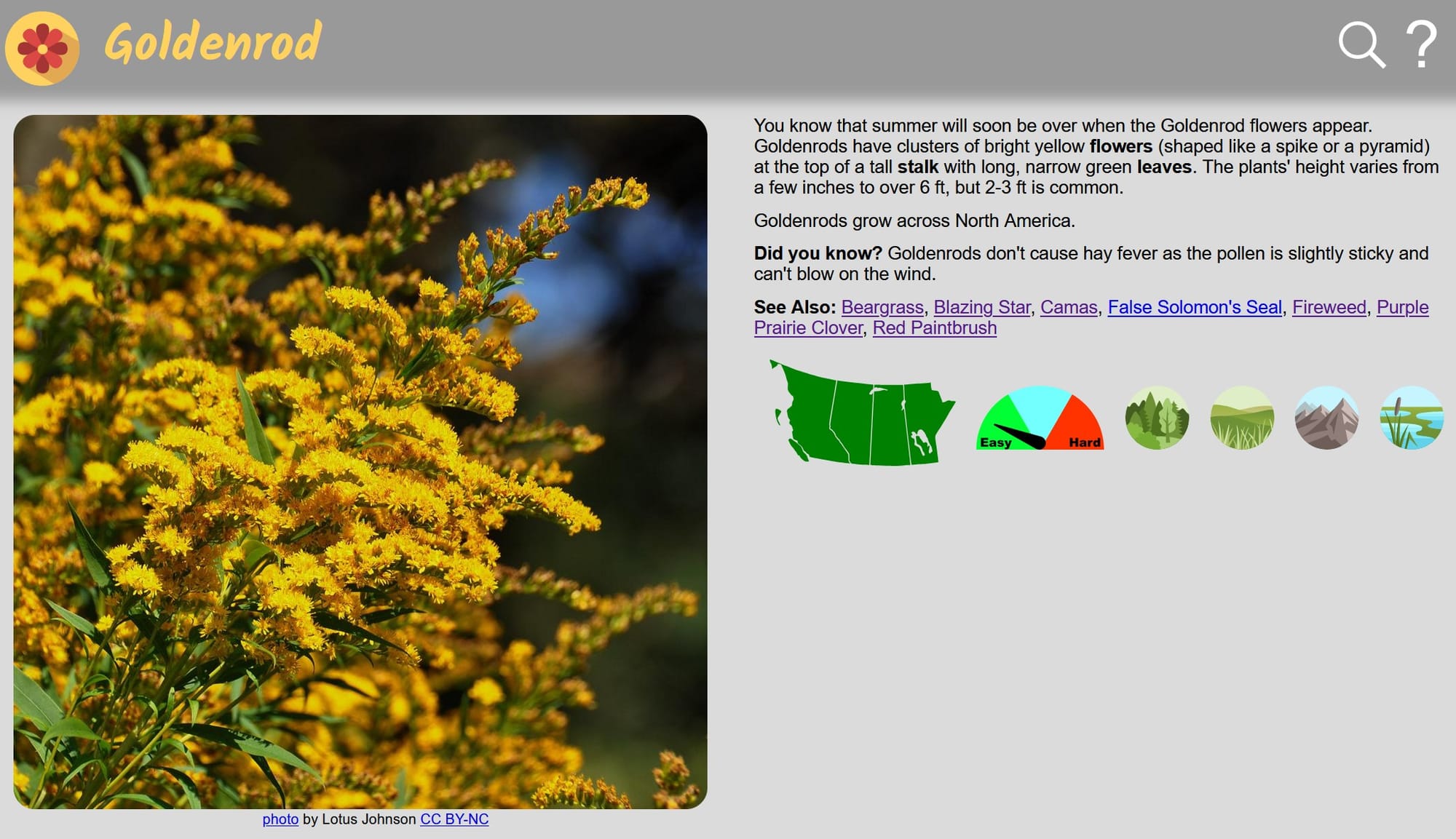Community Leaders & Books: August 2025

We profile local community leaders and post book reviews on a weekly basis on social media, along with excerpts from Nature Companion, our nature app/website. Once a month we repost these items on our website for those of you who may not be active on social media.
Community Leaders
Saskatchewan: Saskatoon Climate Hub hosted outdoor movie nights with a purpose in August: 3 nights, 3 parks, and 3 films. [Saskatoon Climate Hub]
Alberta: Explore innovative ideas, bold solutions, and cutting-edge research at Ducks Unlimited’s Wetland Innovation Workshop on Sept. 24 at the Boreal Wetland Centre, Grande Prairie, Alberta. [Boreal Wetland Centre]
Manitoba: The Brokenhead Wetland, 80 km north of Winnipeg, is home to a rare calcareous fen featuring uncommon species such as wild orchids and insect-eating plants. [PDF, Government of Manitoba]
British Columbia: Marine Education & Research Society is offering a free online course for recreational boaters on the BC coast with important information on how boaters can keep themselves safe and better protect marine mammals. [Marine Education & Research Society]
Books
In The Weird and Wonderful World of Bats, Alyson Brokaw says, “I hope this book has reminded you to look past the drab, black cartoonish bat and peer behind the curtain to the true magic of bats. From bats that make their own little castles out of termite mounds to those that hunker down in the snow, every year brings new and exciting insight into the lives of bats. And just when we think we understand why or how bats do something, they frequently turn around and surprise us.” [Hachette Book Group]
In Lost Songs of Nature: Nature’s Symphony in the Age of Noise Pollution, Michel Leboeuf says, “The common loon on the lake falls silent when the seaplane lands; the torrent’s murmur is drowned out by the roar of vehicle traffic; and the wolf up there, on the edge of the boreal forest, stops its howling when the long lumber truck convoys head south to the sawmills. Every day, the symphony of natural life gets quieter, losing texture and richness in proportion to each square metre of the planet’s surface encroached upon by humans. That’s why it’s so important to learn about these natural soundscapes before they’re lost forever!” [Great Plains Press]
In The Ocean’s Menagerie: How Earth’s Strangest Creatures Reshape the Rules of Life, Drew Harvell says, “The more I learned about the critters in the oceans without backbones – the corals, sponges, worms, jellyfish, clams, crabs, and octopuses that make up 99 percent of diversity in the ocean – the more awe I felt in seeing the marvelous adaptations they had for getting food, reproducing, and avoiding their killers in an environment spinning with an abundance of life.” [Penguin Random House]
In Intervention Earth: Life-Saving Ideas from the World’s Climate Engineers, Gwynne Dyer interviews the world’s top 100 climate scientists to discuss the extraordinary measures we must contemplate to counter the irreversible effects of climate change. [Gwynne Dyer]
In Meet the Neighbors: Animal Minds and Life in a More-Than-Human World, Brandon Keim says, “Simply being aware that humans and other animals are not categorically separated by some clear, bright line is only the beginning. With a sense of kinship comes the question of what we do with it. How might an awareness of animal minds shape the ways we understand them and, ultimately, how we live with them on this shared, precious planet? … It’s easy to be broad-minded when animals are seen at a distance, being pretty; but what do we owe so-called pests, or animals who are sick or injured? How do we live with predators whose presence is not always welcome?” [W.W. Norton]

Nature Companion
Goldenrods vary in height from a few inches to 1.8 m. They don't cause hay fever as the pollen is slightly sticky and can't blow on the wind. (Nature Companion is a free app/website introducing many of the plants and animals found in Canada’s four western provinces.)
Photo credit: https://www.flickr.com/photos/apmckinlay/28530568641
EcoFriendly West informs and encourages initiatives that support Western Canada’s natural environment through its online publication and the Nature Companion website/app. Like us on Facebook, follow us on BlueSky, X, and Mastodon, or subscribe by email.

Member discussion